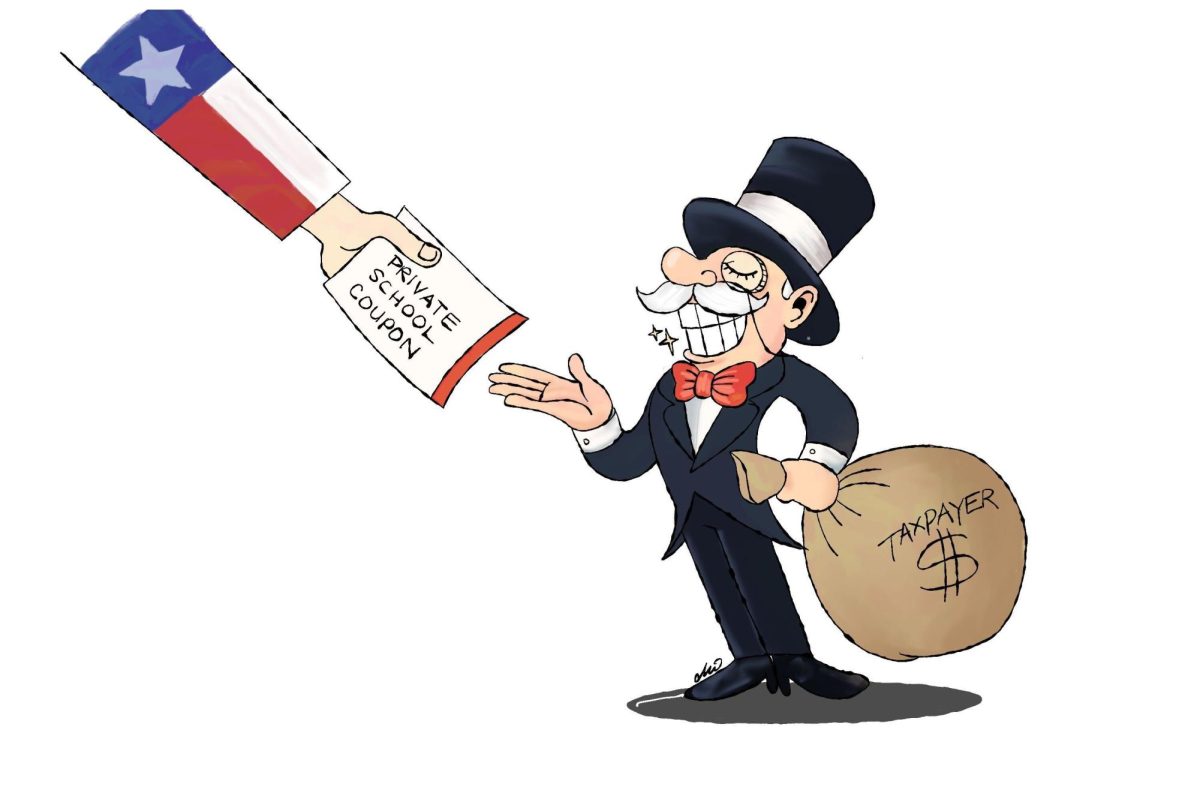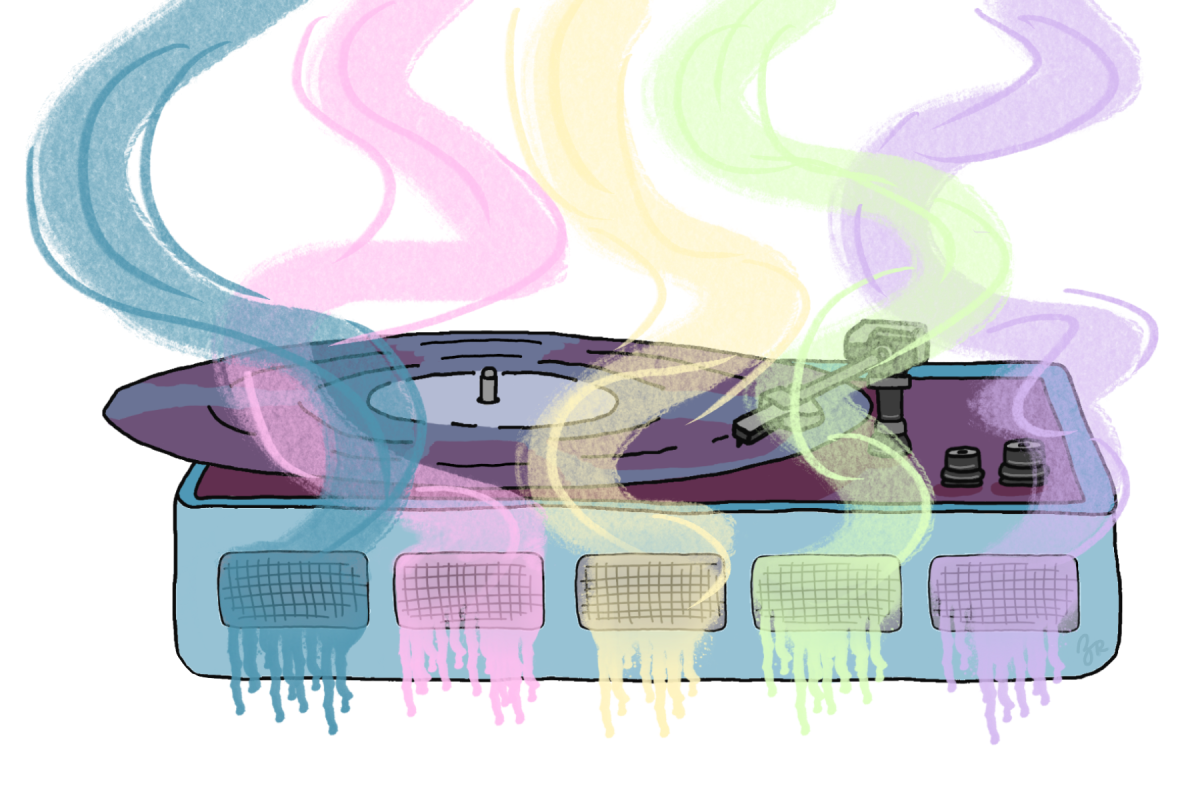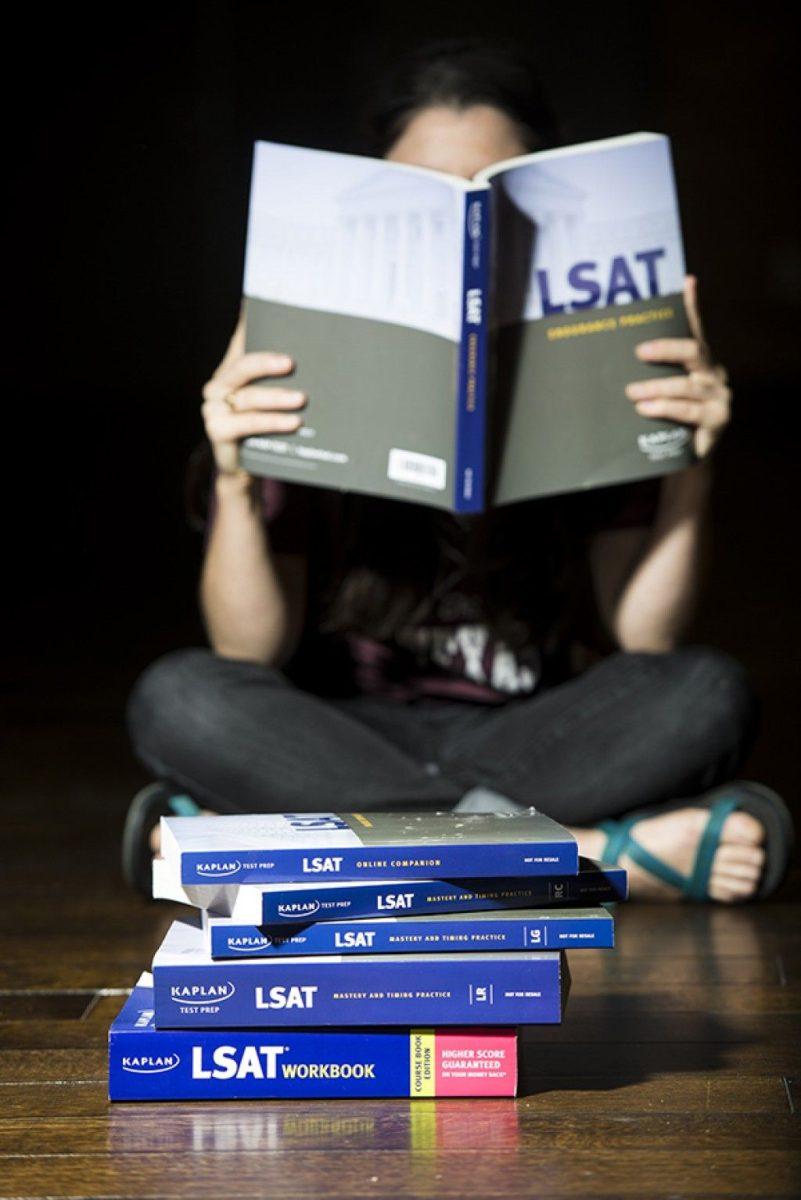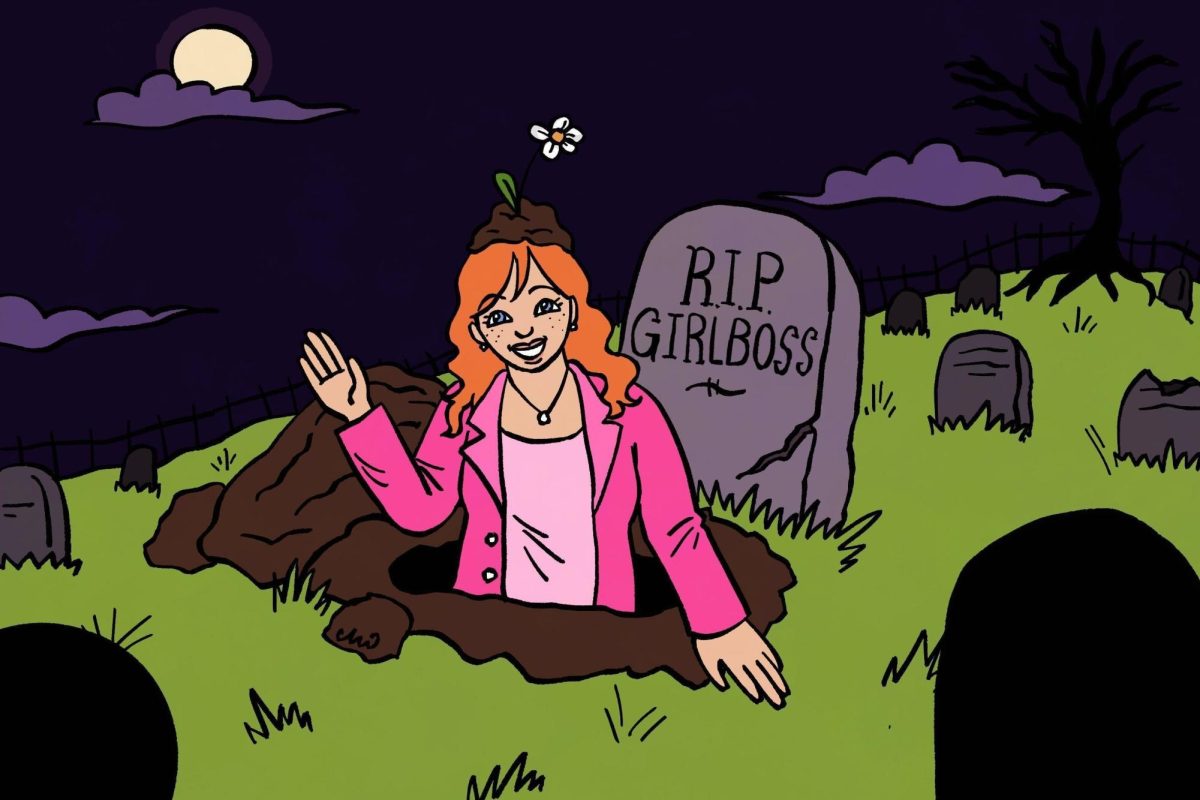I have had to work low wage jobs throughout my time in college in order to sustain myself. Making $7.50/hour while working 15 – 30 hours a week left me with less than what I pay in rent, but thanks to the money I receive from scholarships (and a hearty diet of pasta, rice and beans), I scrape by. Economic anxiety is a phrase that many have thrown around a lot these past few years. Always knowing that without a source of income, I’m just a few months away from being unable to pay rent and being blacklisted from renting in the future, I can’t help but feel how painfully accurate the term is.
For students not as fortunate to receive the same level of financial aid as I, these wages won’t cut it. They’re forced to give up on higher education simply because the price of living has vastly outpaced salaries in this country. Post-WWII to 1979, productivity and income rose in tandem. Since then, wages have flatlined while productivity has skyrocketed.
College students already face high levels of food insecurity and housing uncertainty. With the economic devastation caused by COVID-19, this has only become more true.
We are currently in the longest interval without a wage increase since the minimum wage was created over 80 years ago. It was designed to increase alongside productivity, inflation and rising expenses. COVID-19 has harmed the economy, but it has not lowered expenses.
Today, Americans face harder times economically than they have since the Great Depression. This is especially true for college students, who are a group with little economic stability to start with. One hundred thousand fewer high school seniors filled out FAFSAs this year, a decrease of 4.2 percent. The largest decline in FAFSA applicants comes from small towns and rural communities, suggesting that the cause is students feeling that even with aid, they don’t have a chance. Students from low-income families are the hardest hit, with many freshmen dropping out due to financial hardship. Students from families who make less than $75,000 a year are twice as likely to drop out, and the vast majority of these students will never re-enroll.
The $15 minimum wage increase in President Joe Biden’s COVID-19 relief plan is the ideal remedy. Increased wages will guarantee Aggies and the people of Bryan-College Station long-term security. With a living wage, students will be able to better afford off-campus housing, ensuring they have a stable place to live throughout the year. They’ll also be able to reinvest in small businesses within the community.
Many worry higher wages mean the university will employ fewer student workers, which is a legitimate concern. However, research shows minimum wage increases do not contribute to a measurable degree of job loss. Additionally, we have an economy that is robust enough to easily adjust and compensate, especially with new COVID-19 relief acting as an economic buffer for students and families.
Realistically, any initial job loss will have very little effect on your average American. The real long-term cost will be at the expense of America’s richest individuals. Billionaires have increased their wealth by the cartoonishly large sum of one trillion dollars since the pandemic’s start, perpetuating Scrooge McDuck levels of income inequality.
It is certainly possible that raising the minimum wage will result in some professors hiring fewer research assistants, but the economic prosperity created by higher wages will fuel future job creation and overall raise wages. Some students will find themselves in a situation where maybe they didn’t get the RA job they wanted. Fortunately, their parents and families are now making more money. Moreover, their future job prospects are more lucrative and more accessible job opportunities outside of the university are paying the same high wages.
Remember what Dr. Martin Luther King Jr. said during his struggle against systemic poverty and inequality.
Zachary Freeman is an anthropology junior and opinion writer for The Battalion.










